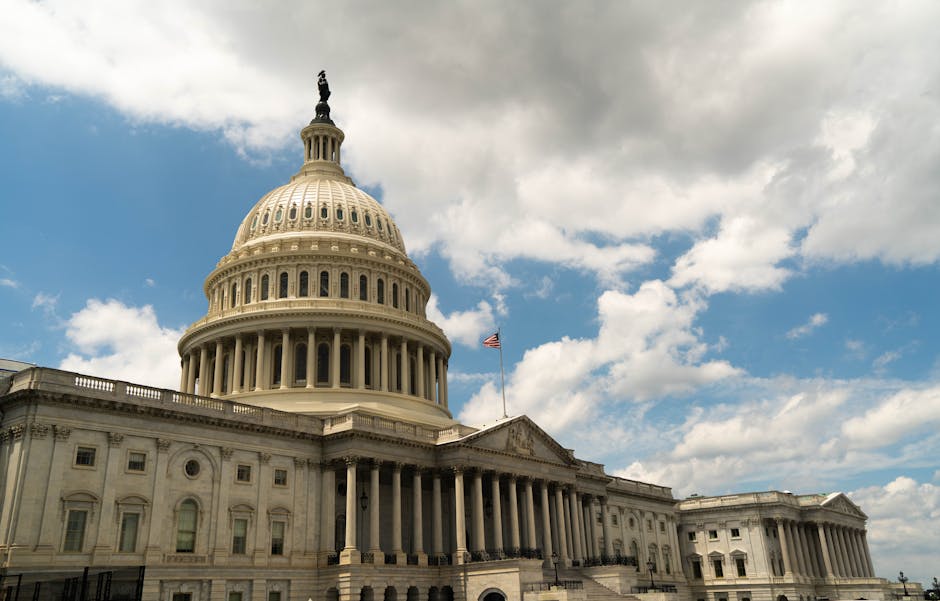The landscape of political discourse is in constant flux. A multitude of factors, ranging from technological advancements to evolving societal norms, influence how individuals perceive and engage with political ideologies. A central question arises: have traditional political frameworks, with their underpinnings of distinct ideologies, become less relevant in contemporary political realities? This essay delves into this complex query, exploring the potential reasons for this perceived shift and assessing its implications for the future of politics.
A significant contention revolves around the erosion of strict adherence to traditional ideological categories. Political ideologies, such as liberalism, conservatism, socialism, and libertarianism, have long provided frameworks for understanding and organizing political views. However, the complexities of modern challenges often defy neat categorization. Issues like climate change, economic inequality, and technological disruption necessitate nuanced approaches that transcend simple ideological labels. Consequently, individuals may find themselves holding beliefs that straddle multiple ideological positions, creating a sense of fragmentation and a diminishing significance of rigidly defined political thought.
One prominent contributing factor to this perceived decline in ideological relevance is the rise of identity politics. This approach emphasizes the importance of group identity whether based on race, gender, sexual orientation, or religion in shaping political perspectives. While seemingly at odds with traditional ideological frameworks, identity politics often overlaps and intertwines with them. For example, concerns about racial inequality might manifest in a variety of ways, ranging from liberal calls for social justice to conservative arguments for individual responsibility and the importance of meritocracy. This intricate web of overlapping priorities creates a more fragmented political landscape, where traditional ideological lines can become blurred.
Furthermore, the proliferation of information and the rise of social media have fostered greater political polarization and fragmentation. Algorithms often curate content based on user preferences, creating echo chambers where individuals are primarily exposed to viewpoints that reinforce pre-existing beliefs. This phenomenon can lead to a decreased willingness to engage with differing perspectives and a corresponding decline in the appeal of traditional ideological frameworks, which often necessitate compromise and understanding. In such an environment, abstract principles that underpin diverse ideologies may become less meaningful. Instead, specific concerns and particular grievances gain prominence.
Another important factor in the apparent diminishing influence of political ideologies is the increasing complexity of global challenges. Issues like pandemics, economic crises, and environmental degradation transcend national borders and demand international cooperation. Addressing these complex problems requires a pragmatic approach that is often less about adhering to specific ideological principles and more about achieving tangible results. Thus, the focus shifts from abstract theoretical debates about the perfect political system to concrete strategies for problem-solving.
However, asserting that ideologies are completely irrelevant would be an oversimplification. Fundamental disagreements about the role of government, the nature of individual liberty, and the distribution of resources remain central to political discourse. For example, the debate over the appropriate level of government intervention in the economy, healthcare, or education continues to highlight the differences between those who favor state control and those advocating for individual choice. These are precisely the elements of disagreement that define political ideologies and drive political debate.
A critical analysis reveals that the perceived decline in the importance of political ideologies may not reflect a true disintegration, but rather a shift in emphasis. The contemporary political scene is characterized by a multitude of overlapping concerns, diverse perspectives, and a growing demand for pragmatic solutions. While ideological labels may not be as prominent, the underlying principles and values that inspire them still inform political discourse. The need to balance individual liberties with the collective good, the importance of ensuring social justice, and the pursuit of a more equitable society remain fundamental issues.
In conclusion, the relevance of political ideologies in contemporary politics is not in decline but in transition. The proliferation of information, the rise of identity politics, and the complexities of global challenges have contributed to a more nuanced and fragmented political landscape. Rather than a complete loss of relevance, traditional ideological frameworks are evolving to adapt to the multifaceted realities of the 21st century. This evolving landscape necessitates a re-evaluation of how we understand and interact with political ideologies, recognizing the inherent complexities and the enduring importance of core values. The debate about political structures, economic policies, and social priorities will continue, albeit with a different emphasis and a more nuanced approach, driven by a desire for practical solutions and a better understanding of the intricacies of human interaction.
